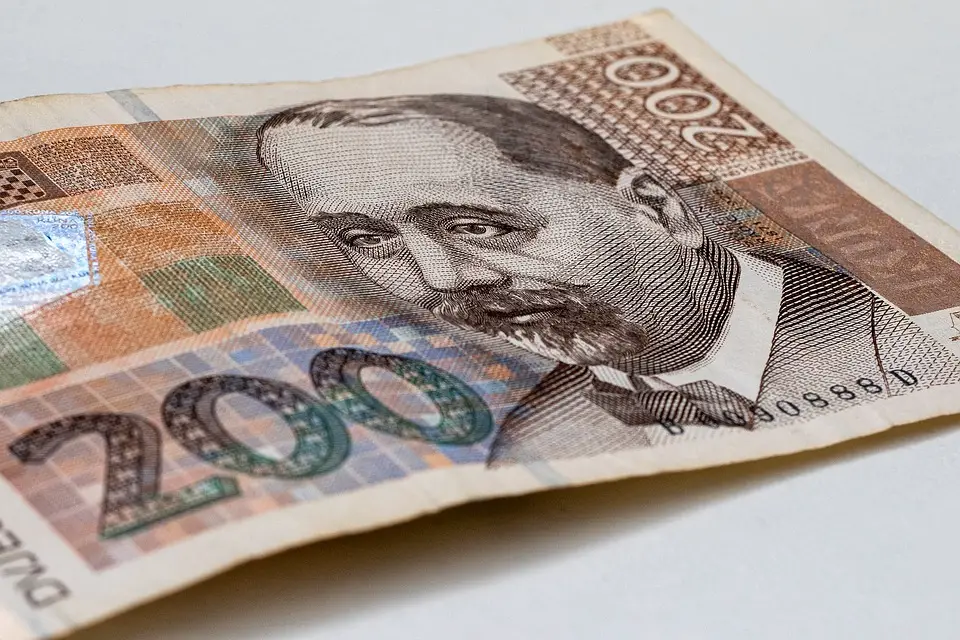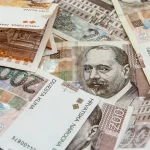As Poslovni Dnevnik writes, the aforementioned figures in terms of Croatian inflation repesent the highest levels since the summer of 2008, and in just one month, prices rose by an average of 2.1 percent. The energy war between Vladimir Putin and Europe, in addition to the horrendous Russian invasion of neighbouring Ukraine, is increasingly extinguishing hopes that this ongoing jump in prices could be temporary. It isn’t surprising that the corrections of inflation forecasts for this year are coming.
Raiffeisen analysts announced last week that their forecast for 5.9 percent in terms of Croatian inflation this year was “exposed to rising risks” and “put under review.”
“With the previously present inflationary pressures generated by rising energy and food prices, in the current environment of geopolitical conflicts and extreme uncertainty about their duration and outcome, inflationary pressures are now growing stronger,” they said.
The Croatian National Bank (CNB), the central address for all things related to Croatian inflation, predicts that price growth this year could average 5.4 percent, twice as much as last year’s 2.6 percent.
In that, they pinpoint the causes of rising prices on three fronts; through the “import” of higher prices of raw materials and industrial products on the global market, among which energy is at the very top of the list, and the recovery of Croatian consumption, which encouraged producers and traders to pass on higher costs to their customers.
Finally, and not entirely negligible, is the factor of statistics, meaning the fact that current prices are being compared to last year’s when they were under pressure due to the global coronavirus pandemic, which was an entirely different kettle of fish.
What will happen in the coming months and what will happen to prices across the country as this dire situation unfolds can be predicted only by Mystic Meg. Due to the war in Ukraine, the CNB corrected its estimates of economic growth (which showed acceleration in the first quarter). In the baseline scenario, assuming a relatively short war in Ukraine and a gradual normalisation of energy and raw material prices on the global market, the CNB expects Croatia’s GDP growth to slow to 3.2 percent, from 4.1 percent back in December.
A number of factors are involved
The latest Eurostat figures (which are still preliminary) estimate that inflation across the Eurozone should have reached 7.5 percent in March, after 5.9 percent back in February. That said, it should also be noted that this is only an average because for many countries, that the figure looks good, like Lithuania and Estonia with an estimated 15.6 percent and 14.8 percent, respectively.
EU member states outside of the Eurozone, ie those that still have their own currencies, generally experienced higher inflation back in February than those within the Eurozone and using the single currency: the Czech Republic 10%, Hungary and Bulgaria 8.4%, Poland 8.1%, Romania 7.9% and Croatia 6.3%. The only exceptions are the old member states Denmark and Sweden with 5.3 and 4.4%, respectively.
CNB Governor Boris Vujcic recently said that (along with the recovery, supply-side constraints and rising energy and food prices), Croatian inflation could be further pushed by “a number of structural factors, such as deglobalisation processes, adverse demographic trends and the ongoing green transition.
However, he added that “although there’s a strong rise in inflation expectations among both companies and individuals, the financial markets are still maintaining their expectations that inflation in the Eurozone could stabilise close to the inflation target in the coming years, which supports the gradual normalisation of monetary policy.”
For more, check out our lifestyle section.









